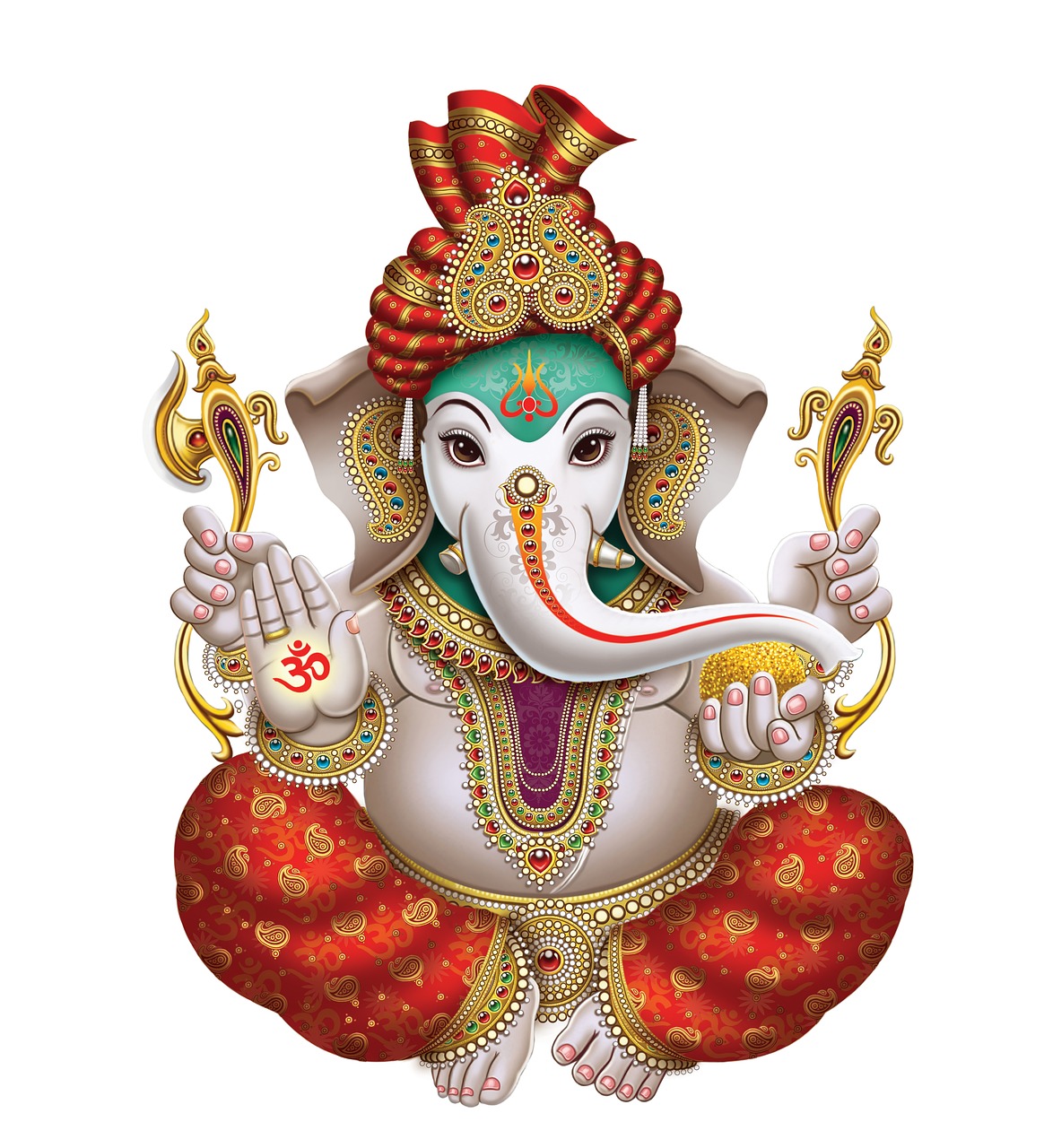Tag: heroism
-
The Dichotomy of Heroes: Achilles and Hector The characters of Achilles and Hector represent two contrasting ideals in Greek mythology and literature, with differing receptions across cultures. The Greeks revered Achilles, acknowledging him as “the best of the Achaeans,” while they viewed Hector, a Trojan prince, as an outsider. Over time, this perception shifted, particularly…
-
The Early Years of Cú Chulainn In ancient Ireland, there was a young lad known as Setanta, who would later be celebrated as Cú Chulainn. He resided in the vicinity of Dún Dealgan, contemporary Dundalk, alongside his father Sualtam, a valiant warrior, and his mother Dechtire. His uncle, Conchobar mac Nessa, ruled as the king…
-
The perception of Achilles and Hector throughout history reveals a complex interplay of cultural values and narrative interpretations. The Greeks held both heroes in esteem, yet Achilles, known as the greatest among the Achaeans, garnered more admiration. Hector, a Trojan prince, was often viewed as a foreigner, leading to varying receptions in Roman culture, where…
-
Achilles: A Reflection on Masculinity Nadia Aldunate Martín, a third-year student pursuing a degree in Hispanic Philology, encourages us to contemplate the representation of Achilles and the enduring concept of masculinity he embodies. Achilles, as depicted by Homer, is characterized by his invulnerability to fear, fervor for battle, and an insatiable thirst for glory. This…
-
Achilleus serves as the focal point in Homer’s Iliad, embodying a complex blend of heroism and antiheroism. The narrative begins with a powerful invocation: “Sing, goddess, the wrath of Achilleus, son of Peleus.” This rage defines Achilleus and leads to catastrophic outcomes for the Achaeans, resulting in the deaths of many heroes and leaving them…




